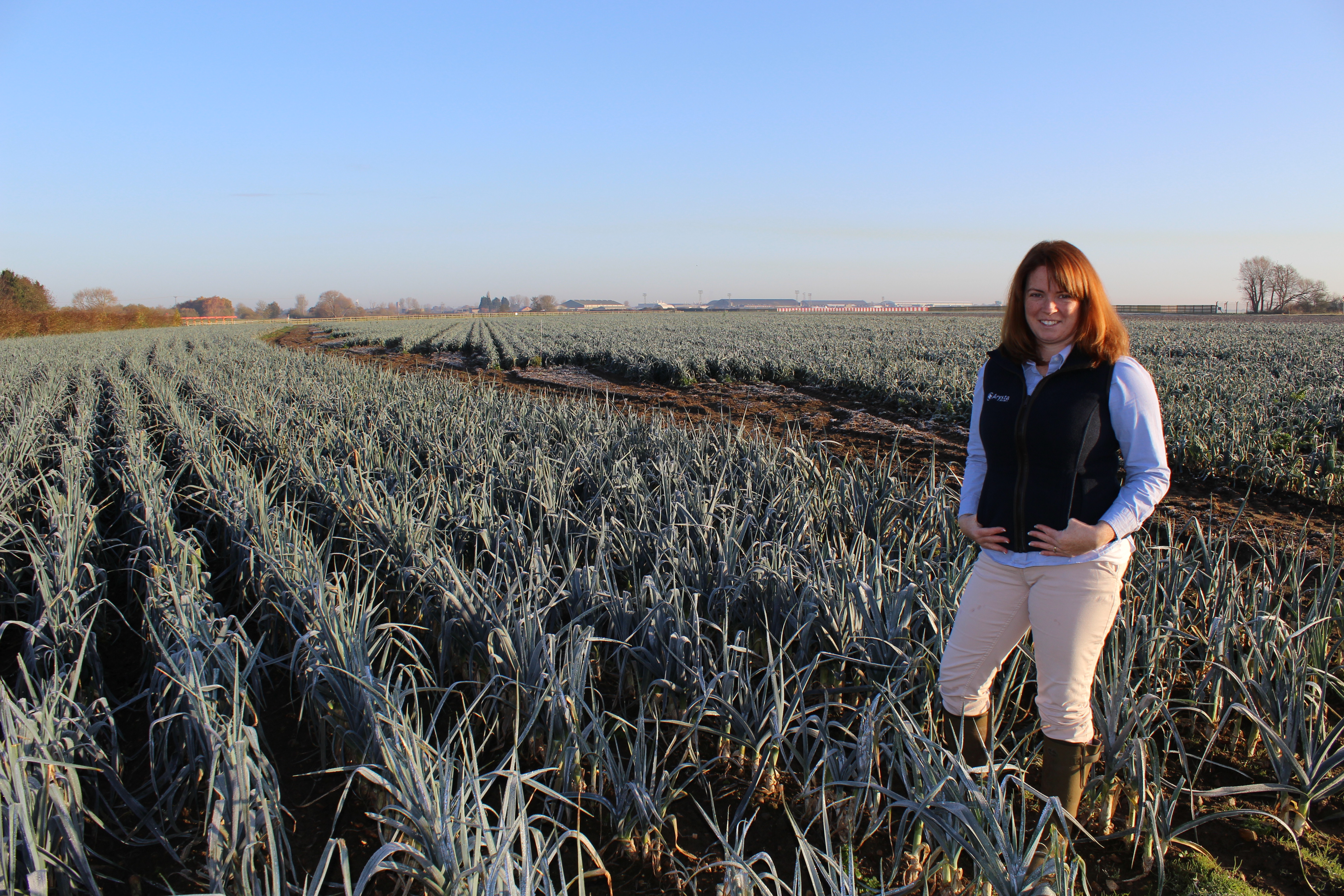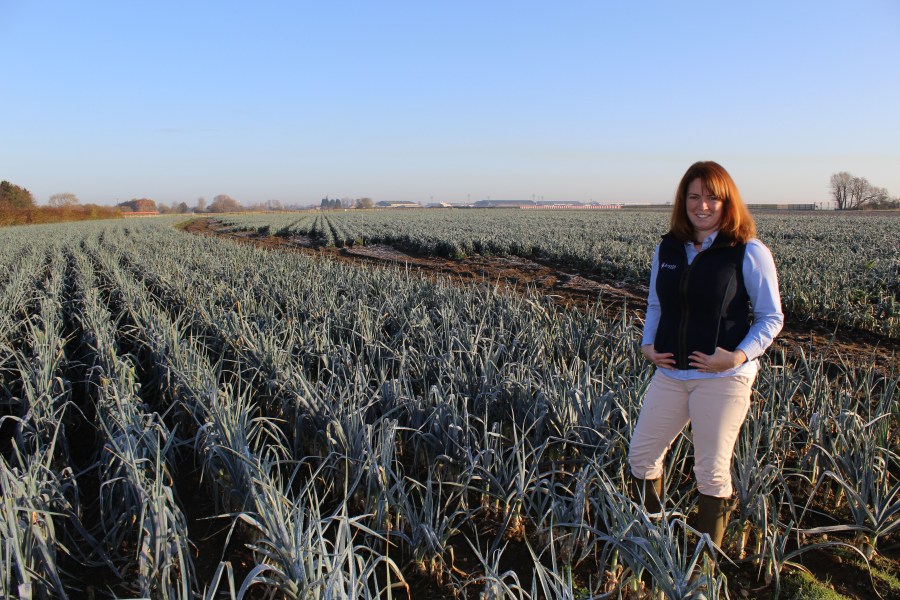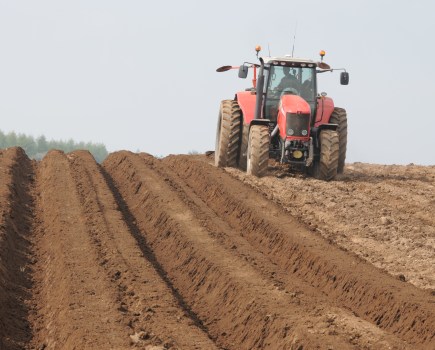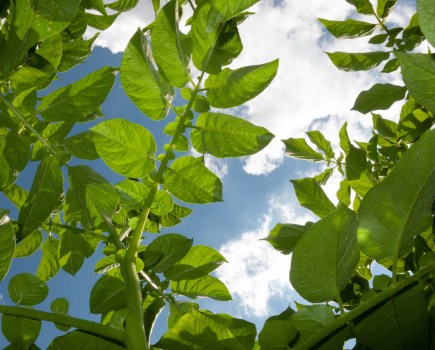
The ‘beast from the east’ followed by a prolonged heatwave has proved a major challenge for vegetable growers across the country. CPM finds out what impact this will have in the run up to Christmas and beyond.
Extreme weather conditions caused problems for UK agriculture as a whole this year, and although it may be long forgotten for consumers, vegetable growers are still feeling the repercussions.
The beast from the east left many famers feeling like they missed spring altogether and from that, the country transitioned straight into a prolonged heatwave. For many, this meant that growth was slowed, having an impact on both size and yield.
“Back in September, onion growers warned of a reduction in yield of 25%. Since then, both myself and the wider Arysta team have seen this first hand – with a noticeable difference in the size of the onions available in the popular ‘three-in-line’ supermarket packs. The same can be said for other vegetables too, including baking potatoes,” says Arysta LifeScience Technical Lead of Vegetables, Alison Casey.
“This raises the question – have consumers actually noticed? For those close to the industry, the minor inconvenience of smaller onions wouldn’t be worth shouting about. But perhaps this gives us an opportunity to educate – discuss the real challenges that we face when growing produce in the UK, and the impact of uncontrollable variables such as the weather.”
Tim Casey, a leek and asparagus grower and Chairman of the Leek Growers Association was featured in several news articles about potential veg shortages, one being the Daily Telegraph. The article highlighted the fact that vegetables such as leeks will be smaller and more variable this winter, including over the Christmas period and into the ever popular ‘Vegan-uary’.
Because other European countries also experienced similar weather conditions to the UK, importing vegetables such as carrots and parsnips to make up the shortfall won’t be possible either.
These articles weren’t published to scaremonger consumers into panic buying, they were more about awareness raising, to explain why yields may be smaller this year or less abundant. And this is the reality of growing fresh produce, it’s not always possible to produce perfect veg of a standardised size and volume.
Initiatives to re-connect with consumers such as ‘wonky veg’ have had some positive effects. But although ‘wonky’, this produce still tastes the same and took the same amount of effort to grow. It shouldn’t necessarily be sold at a reduced price.
“So, I guess we are all looking for some consumer goodwill this year. It’s been tough on us all and we will continue to do our best to supply home-grown produce at a time when good food and company is more important than ever. Hopefully a crooked carrot or a petite parsnip on the Christmas dinner table will spark a thought that food isn’t manufactured, it’s grown and nurtured by real people,” say Alison.




